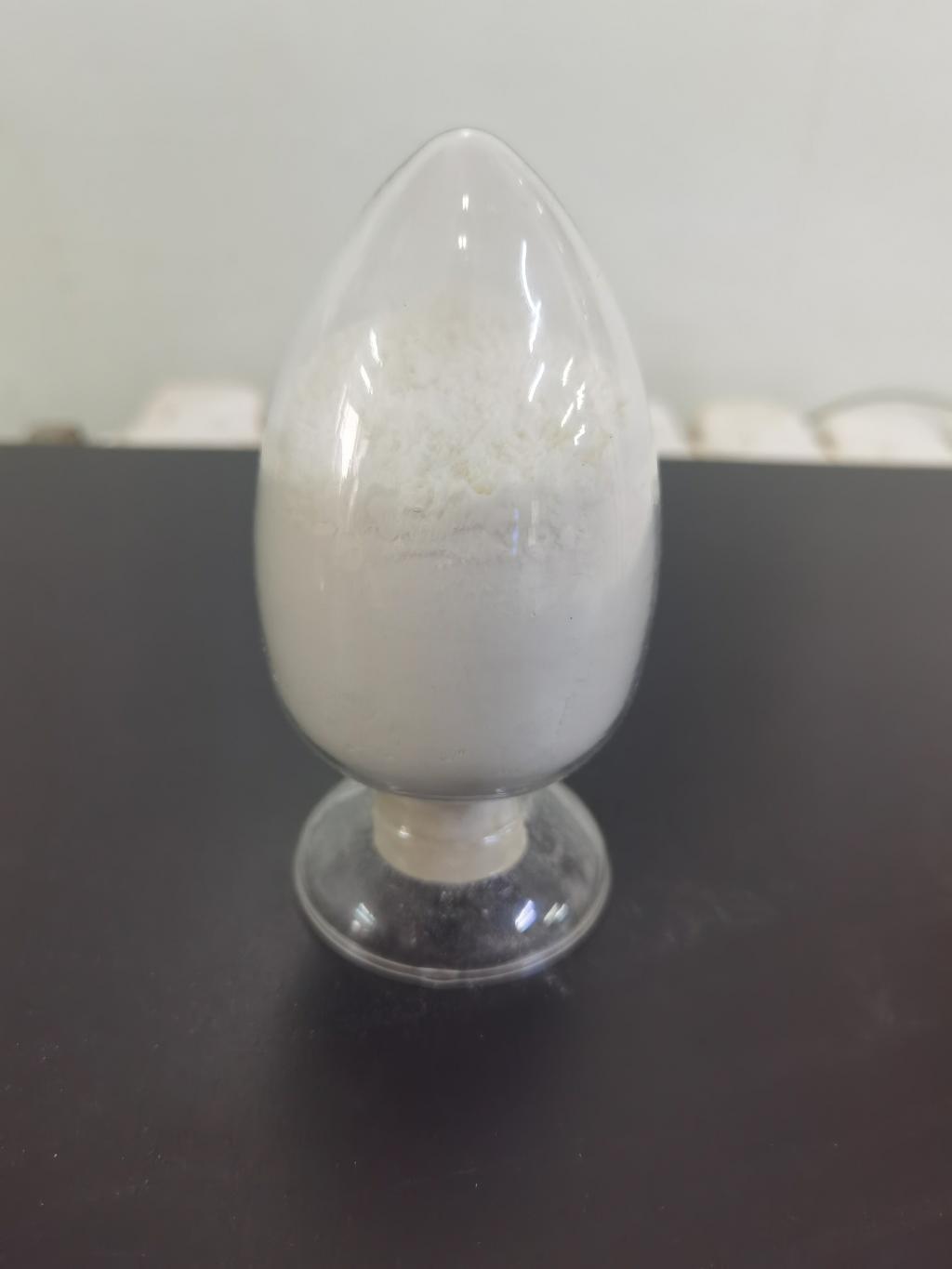Tel:+8618231198596

News
 CONTACT
CONTACT
 CONTACT
CONTACT
- Linkman:Linda Yao
- Tel: +8618231198596
- Email:linda.yao@dcpharma.cn
- Linkman:CHARLES.WANG
- Department:Overseas
- Tel: 0086 0311-85537378 0086 0311-85539701
News
Exploring the application of ε-Polylysine hydrochloride in the preservation of ready-to-bake doughs.
TIME:2024-10-15
Mechanism of Action
ε-Polylysine hydrochloride is a cationic homopolymer of L-lysine, produced through bacterial fermentation. Its primary mode of action is the disruption of the cell membranes of microorganisms, leading to the leakage of intracellular components and ultimately, cell death. ε-PL is effective against a broad spectrum of Gram-positive bacteria, yeasts, and molds, making it a versatile preservative for RTB doughs, which are susceptible to these types of contamination.
Effectiveness in Preserving RTB Doughs
The application of ε-PL in RTB doughs can significantly enhance their shelf life by inhibiting the growth of spoilage and pathogenic microorganisms. Common contaminants in dough include lactic acid bacteria, yeast, and molds, which can lead to off-flavors, souring, and visible mold growth. Studies have demonstrated that ε-PL, even at low concentrations, can effectively control these microorganisms, thereby extending the shelf life of RTB doughs without compromising their sensory attributes.
Sensory and Quality Attributes
One of the key advantages of using ε-PL in RTB doughs is its minimal impact on the sensory and quality attributes of the final baked product. Unlike some synthetic preservatives, ε-PL does not impart any off-tastes or odors. It also does not affect the texture, color, or leavening properties of the dough. This is particularly important for maintaining the consumer's expectations of taste, aroma, and appearance. Research has shown that RTB doughs treated with ε-PL maintain their original characteristics, ensuring that the final baked goods are indistinguishable from those made with untreated doughs.
Stability and Processing Conditions
ε-PL is stable under a wide range of processing conditions, including the mixing, proofing, and freezing stages involved in the production of RTB doughs. Its thermal stability ensures that it remains effective during the baking process, providing continuous protection against microbial growth. Additionally, ε-PL is pH-stable, making it suitable for use in both acidic and neutral dough formulations. This stability allows for consistent performance and reliable preservation across different types of RTB doughs, from sweet pastries to savory breads.
Regulatory Considerations
The use of ε-PL in food products, including RTB doughs, must comply with local and international food safety regulations. In many countries, ε-PL is approved for use as a food preservative, and it is generally recognized as safe (GRAS) by regulatory bodies such as the U.S. Food and Drug Administration (FDA) and the European Food Safety Authority (EFSA). However, specific applications and maximum usage levels may vary by region. Manufacturers should ensure that their use of ε-PL aligns with the relevant regulatory guidelines and undergoes the necessary testing and approval processes.
Consumer Perception and Clean Label Trends
In today's market, consumers are increasingly seeking clean-label products that are free from artificial additives and preservatives. ε-PL, being a naturally derived compound, fits well within this trend. Its natural origin and proven safety record make it an attractive option for manufacturers looking to appeal to health-conscious consumers. By clearly communicating the benefits of ε-PL as a natural preservative, manufacturers can enhance consumer trust and satisfaction, while also meeting the demand for longer-lasting, high-quality RTB doughs.
Conclusion
The application of ε-polylysine hydrochloride in the preservation of ready-to-bake doughs offers a promising solution to the challenges of microbial spoilage and shelf life extension. Its natural origin, broad-spectrum antimicrobial activity, and minimal impact on the sensory and quality attributes of the dough make it a valuable tool for the food industry. As the demand for convenient and high-quality RTB products continues to grow, ε-PL is likely to play an increasingly important role in ensuring that these products remain fresh, safe, and appealing to consumers. Ongoing research and development will further refine the use of ε-PL, contributing to the continued improvement of RTB dough quality and shelf life.
- Tel:+8618231198596
- Whatsapp:18231198596
- Chat With Skype







